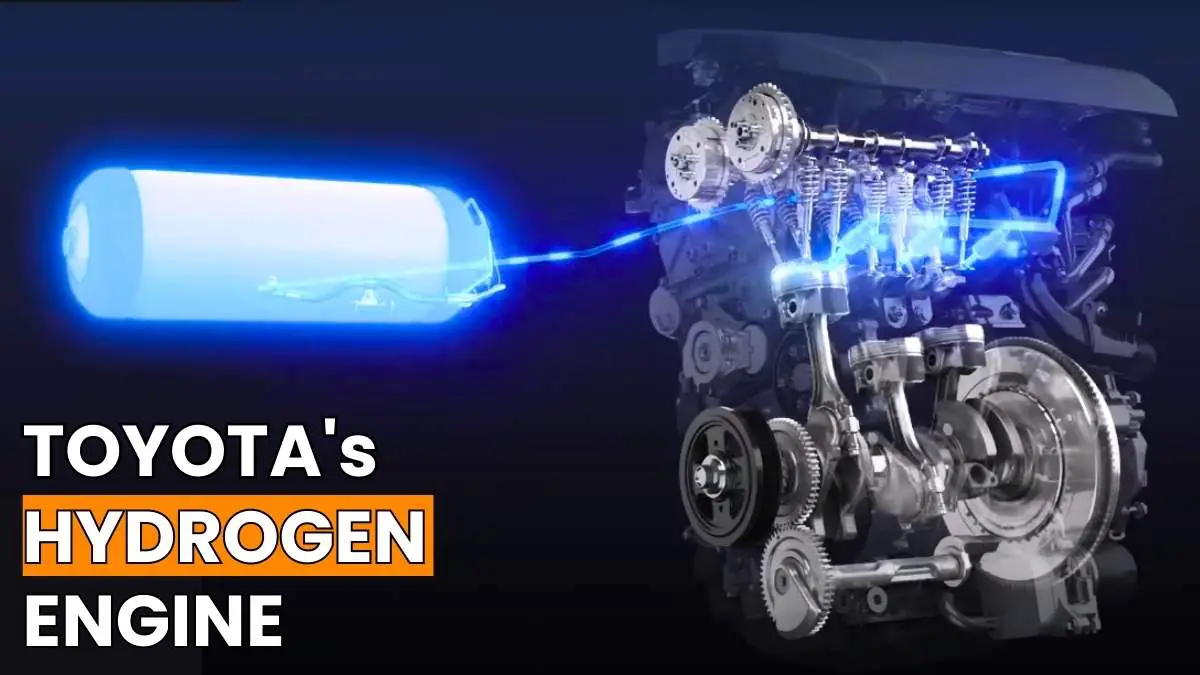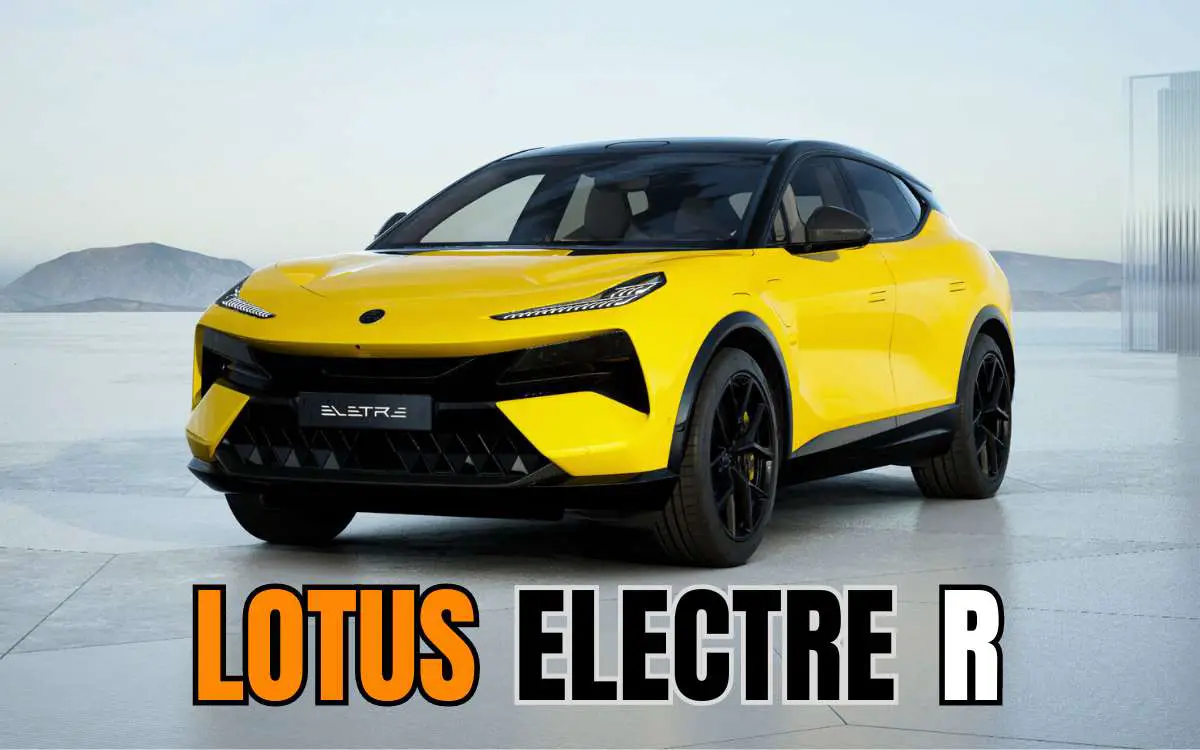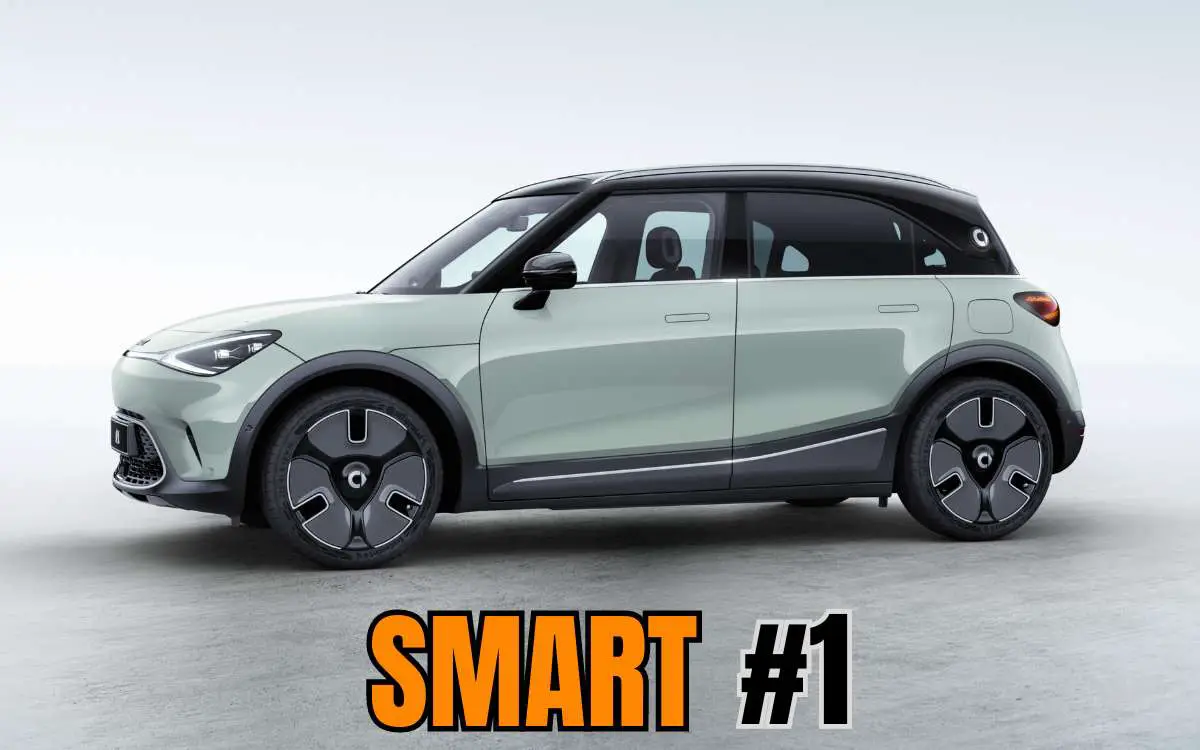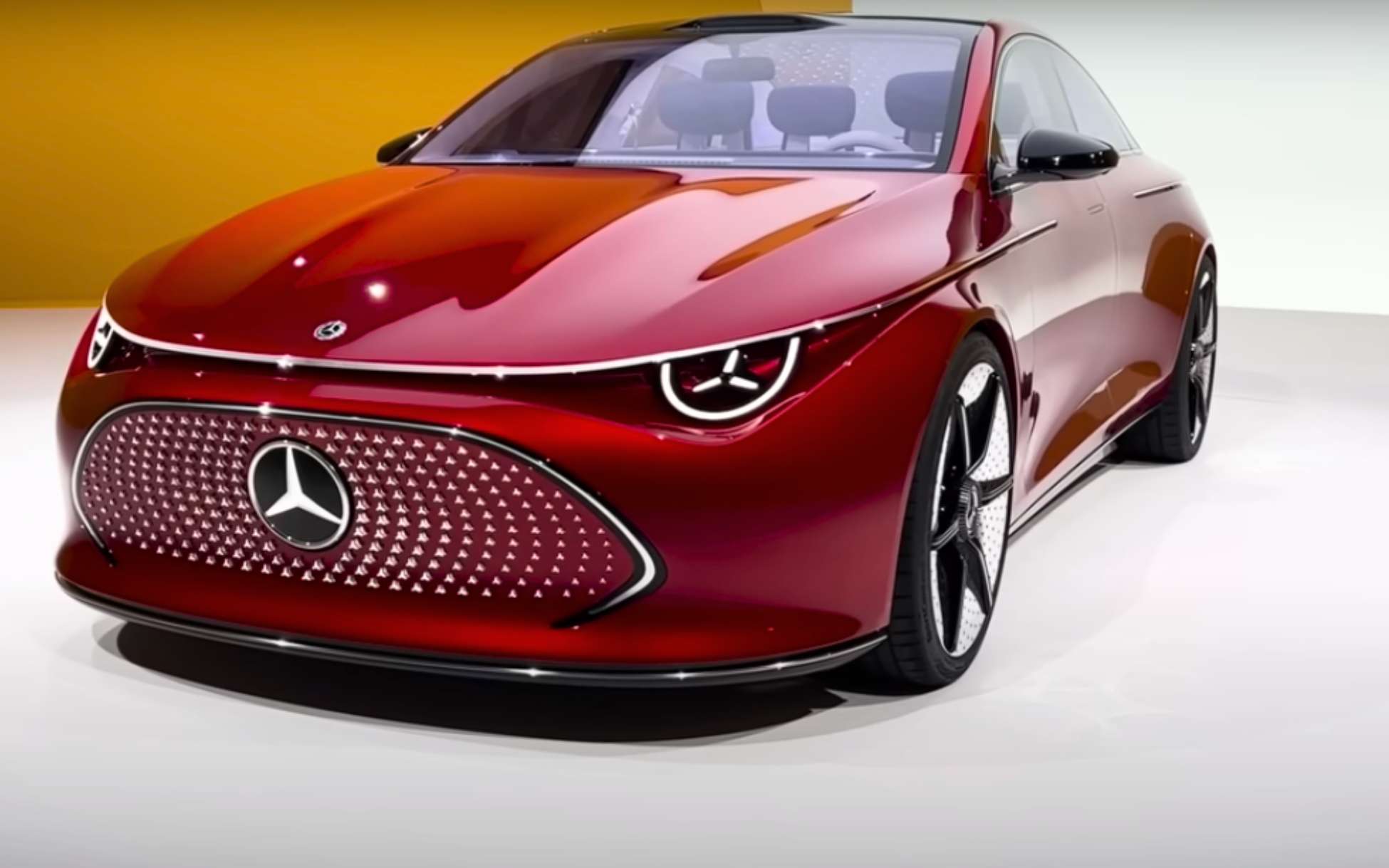In the fiercely competitive automotive industry, Toyota, a market leader, is exploring innovative ways to power vehicles. While electric vehicles (EVs) have garnered significant attention, Toyota is betting on a different technology: hydrogen power.
As debates continue regarding Toyota’s stance on EVs, the company is actively pursuing a multi-faceted strategy towards carbon neutrality, with hydrogen-powered internal combustion engines at the forefront.
In this article, we delve into Toyota’s development of hydrogen-powered engines, their advantages, and their potential impact on the future of transportation.
Toyota’s Reluctance to Fully Embrace Electric Vehicles
Though renowned for pioneering hybrid and plug-in hybrid vehicles, Toyota has been cautious about fully embracing all-electric vehicles (EVs).
Many regions worldwide, including California, Australia, Canada, the European Union, and the United States, are pushing for a complete switch to electric by 2035.
However, Toyota has not ratified the COP 26 agreement, citing important considerations often overlooked in the rush toward EVs.
Former CEO, Akio Toyota, voiced concerns about the high cost of EVs and the lack of supporting infrastructure, making widespread adoption difficult.
The Challenges Faced by Electric Vehicles
Toyota’s apprehensions regarding EVs are not unfounded. A primary challenge lies in the surge in electricity demand as more EVs hit the roads.
By 2030, the United States will need a 40% increase in power output to meet this demand. This requires massive investments in the electricity supply chain, an estimated $100 billion.
Additionally, there is a looming shortage of lithium, a critical component in EV batteries, raising questions about its sustainable sourcing.
Hydrogen-Powered Engines: A Viable Alternative
In response to these challenges, Toyota believes that hydrogen-powered engines offer a solution to the limitations of full electrification.
Hydrogen technology brings several advantages over lithium-ion batteries used in EVs. Hydrogen-powered vehicles can be refueled quickly, taking merely one and a half minutes, comparable to traditional gasoline cars.
Moreover, hydrogen engines are highly adaptable to extreme temperatures, making them suitable for diverse climates with harsh weather conditions.
Here’s a comparison between Hydrogen engines, Gasoline engines, and EVs (Lithium-ion Battery).
| Aspect | Hydrogen Engine | Gasoline Engine | EVs (Lithium-ion Battery) |
| Fuel | Uses hydrogen gas as fuel. | Uses gasoline or petrol as fuel. | Powered by electricity stored in lithium-ion batteries. |
| Combustion Process | Burns hydrogen with oxygen to produce water vapor. | Burns gasoline with air to produce exhaust gases. | Uses electricity to power electric motors. |
| Emissions | Emits only water vapor as the byproduct of combustion. | Emits carbon dioxide (CO2) and other pollutants. | Produces no tailpipe emissions, but emissions depend on the electricity generation source. |
| Efficiency | Generally higher efficiency due to hydrogen’s higher energy content and cleaner combustion. | Typically lower efficiency due to lower energy content of gasoline and less efficient combustion. | High efficiency in converting stored electricity to mechanical energy. |
| Fuel Storage | Requires specialized high-pressure tanks to store hydrogen gas. | Utilizes conventional liquid fuel tanks for storage of gasoline. | Uses lithium-ion batteries to store electricity. |
| Availability | Limited hydrogen infrastructure for refueling. | Widespread gasoline refueling infrastructure. | Charging infrastructure is growing but may be less available in some areas. |
| Cost | Hydrogen production and infrastructure costs are generally higher. | Gasoline is more readily available and cheaper in most places. | Battery costs are decreasing but still may be higher upfront. |
| Noise and Sensations | Produces sounds and sensations similar to a gasoline engine. | Produces typical gasoline engine sounds. | Quiet operation with little vibration. |
| Emissions and Environmental Impact | Emits almost zero carbon emissions but may produce other pollutants. | Emits CO2 and other pollutants, contributing to air pollution and climate change. | Zero tailpipe emissions, but environmental impact depends on electricity source. |
| Efficiency and Range | Lower overall efficiency compared to gasoline engines. | Gasoline engines offer better range and efficiency. | Efficiency and range vary based on battery capacity and electric motor efficiency. |
| Maintenance | Hydrogen engines may have higher maintenance costs due to complex systems. | Gasoline engines may also require regular maintenance but may be more straightforward. | Lower maintenance requirements due to fewer moving parts. |
| Infrastructure and Adoption | Limited hydrogen refueling infrastructure in many regions. | Gasoline refueling stations are widespread and established. | Growing charging infrastructure, but adoption may vary by region. |
| Cost and Accessibility | Hydrogen fuel may be more expensive and less accessible. | Gasoline is generally more affordable and readily available. | Initial costs may be higher, but operating costs can be lower depending on electricity prices. |
The Toyota Corolla Cross H2 Concept
To showcase the potential of hydrogen-powered internal combustion engines, Toyota introduced the Corolla Cross H2 Concept.
This prototype vehicle features a powerful 1.6-liter three-cylinder turbocharged engine that runs on hydrogen.
Utilizing hydrogen as fuel necessitates specific modifications to engine components, including reinforced fuel tanks and specialized fuel injectors.
Collaborating with Yamaha Motor for a Hydrogen V8 Engine
Toyota has joined forces with Yamaha Motor to develop a V8 engine powered by hydrogen.
The 5.0-liter V8 engine, based on the one used in the Lexus RC Coupe, is expected to deliver 398 pound-feet of torque at 3600 revolutions per minute and 455 horsepower at 6800 revolutions per minute.
The hydrogen V8 engine offers an exciting driving experience, with its eight-into-one top-mounted exhaust manifold producing a distinctive high-frequency sound.
Advantages of Hydrogen-Powered Engines
Hydrogen-powered engines bring several advantages over electric and traditional gasoline engines.
Vehicles like the Hyundai Nexo can travel 385 miles on a single fill-up, and the Toyota Mirai can go an additional 402 miles, providing a greater driving range than many EVs.
Moreover, refueling a hydrogen fuel cell electric vehicle is quick, taking only a few minutes, unlike the time-consuming charging of EV batteries.
Additionally, hydrogen engines are purely mechanical and operate similarly to fuel-powered engines, simplifying repairs and maintenance at local repair shops.
Toyota’s Vision for Carbon Neutrality
Toyota’s approach to carbon neutrality involves a diversified technology portfolio. While other automakers focus solely on EVs, Toyota aims for a balanced approach by developing hydrogen-powered vehicles.
This strategy considers the limitations of EVs and ensures that consumers worldwide have access to sustainable transportation options.
Toyota aims to achieve increased thermal efficiency through its Dynamic Force engine concept, making hydrogen a viable and practical option for sustainable transportation.
Challenges for Hydrogen-Powered Vehicles
Despite their advantages, hydrogen-powered vehicles face significant challenges. The production and distribution of hydrogen remain costly and largely dependent on fossil fuels, impacting the overall ecological footprint.
Furthermore, limited infrastructure for hydrogen refueling stations presents obstacles to widespread adoption.
To increase public interest in hydrogen-powered vehicles, the cost of hydrogen needs to be reduced to make it more competitive with gasoline and EVs. Additionally, finding renewable energy sources for hydrogen production is essential to address ecological concerns.
Conclusion
Toyota’s commitment to hydrogen-powered internal combustion engines presents an intriguing alternative to the dominant focus on all-electric vehicles pursued by other automakers.
Through their dynamic force engine concept, Toyota aims to achieve greater thermal efficiency, making hydrogen a practical option for sustainable transportation.
While hydrogen fuel cell electric vehicles offer advantages in range and refueling time, they still face challenges concerning infrastructure and ecological impact.
As technology evolves, the future will reveal whether hydrogen-powered engines will surpass the dominance of electric vehicles.
Ultimately, consumers will decide which technology best suits their needs and preferences, but Toyota’s venture into hydrogen power undoubtedly adds an exciting dimension to the future of transportation.
You may also like:






Leave a Reply